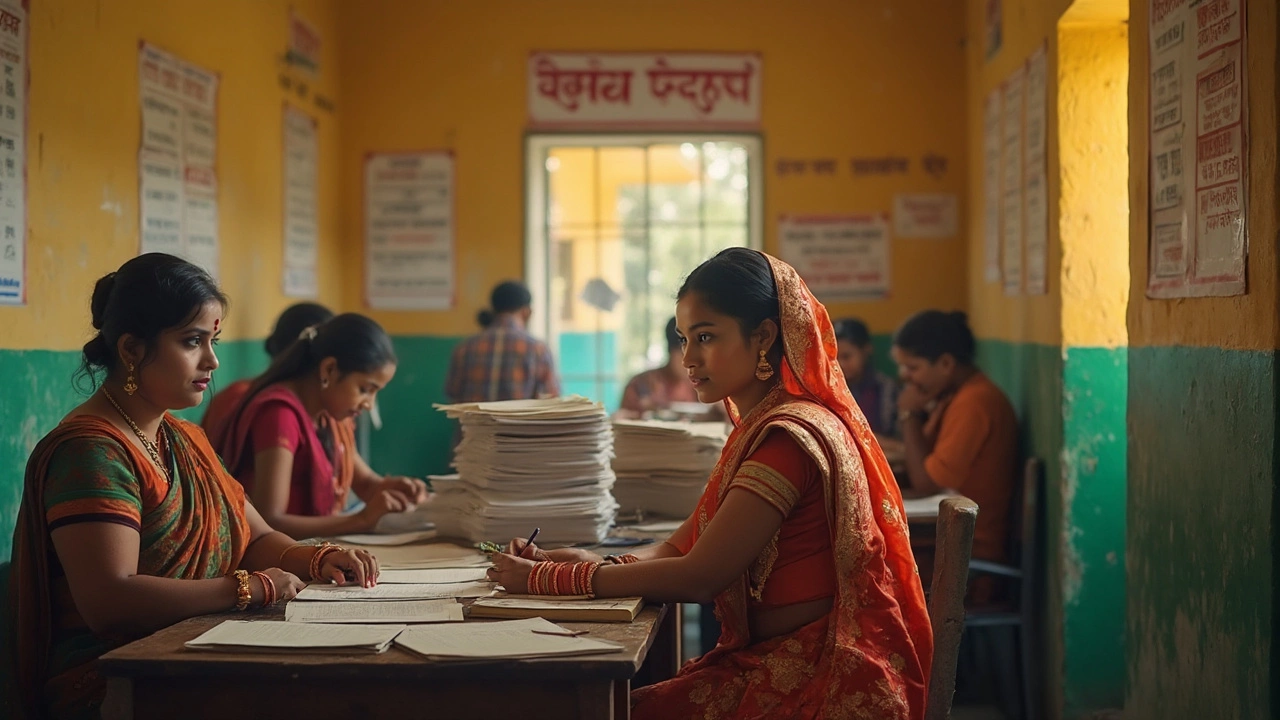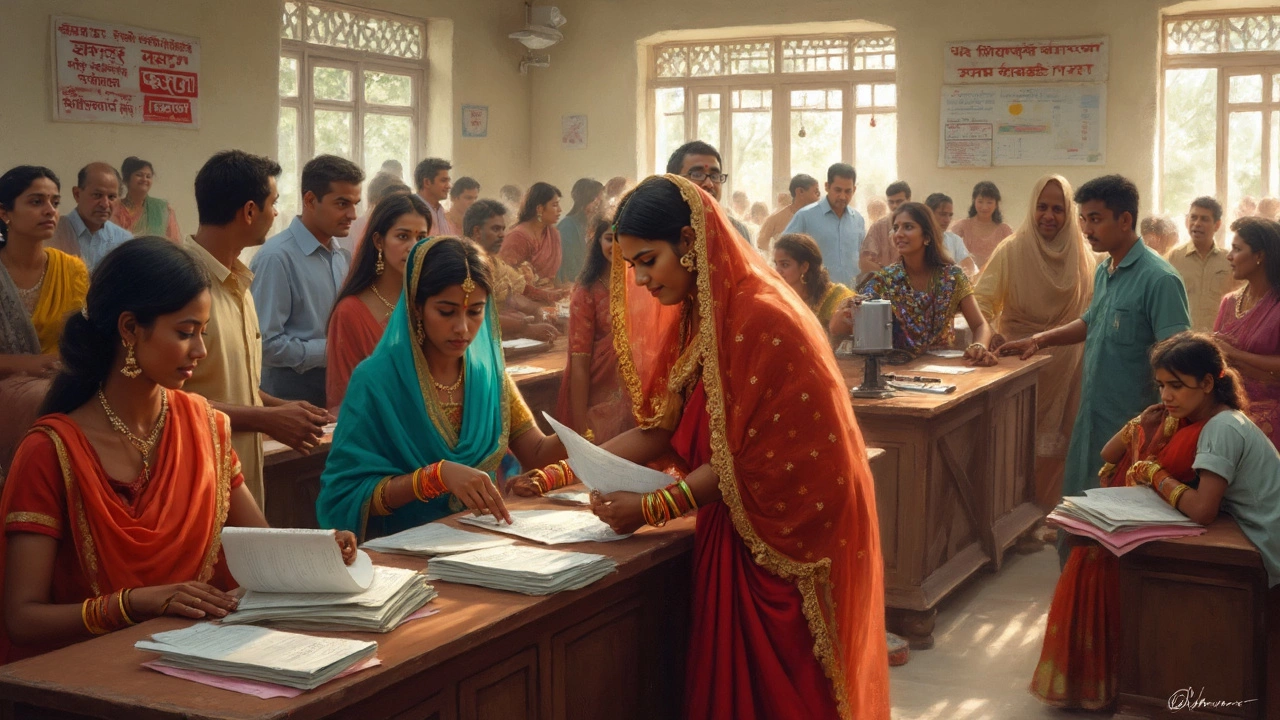Special Marriage Act: Your Quick Guide to Interfaith Marriage in India
Thinking about marrying someone from a different religion? You’re not alone. The Special Marriage Act (SMA) was created exactly for this – to let anyone marry without changing their faith. Below we break down what the Act covers, how to register, and what rights you gain, all in easy‑to‑follow steps.
Why the Special Marriage Act Matters
The SMA came into force in 1954 to give couples a civil marriage option outside personal laws. It means you don’t have to convert, you don’t need a priest, and the law treats you like any other married couple when it comes to property, inheritance, and children. In practice, this saves a lot of headaches for families who might otherwise argue over religious rituals.
How to Register a Marriage Under the SMA
Registering is straightforward if you follow the checklist:
1. Notice of Intended Marriage: Both partners submit a notice to the Marriage Registrar of the district where at least one of you lives. The notice stays on public display for 30 days.
2. Documents Required: You’ll need identity proof (Aadhaar, passport), age proof (birth certificate or school certificate), residence proof, and a certificate stating you’re not already married.
3. Declaration:
Each of you must sign a declaration stating you’re marrying voluntarily and there’s no pressure.4. Marriage Ceremony: After the 30‑day notice period, you can hold the ceremony at the registrar’s office or any other venue, as long as a government officer or an authorized person conducts it.
5. Marriage Certificate: The registrar issues a legal certificate within a few days. Keep this safe – you’ll need it for everything from passport applications to bank accounts.
Tip: If either partner is from a different state, file the notice in the state where you both plan to live for the next few years. This avoids extra paperwork later.
Legal Benefits You Get
Once you’re married under the SMA, the law treats you like any other couple. Here’s what that looks like:
- Joint Property Rights: Both spouses have equal claim to property acquired during marriage.
- Inheritance: You automatically inherit from each other without needing a will.
- Custody & Adoption: Children have the same legal status as those born in a religious marriage.
- Divorce: Grounds for divorce are the same as under the Hindu Marriage Act, including cruelty, desertion, and mutual consent.
All these rights come with the same responsibilities – you’re legally bound to support each other and any children you have.
Common Questions About the SMA
Do we need a lawyer? Not mandatory, but a lawyer can help you file the notice correctly and avoid delays.
Can we have a religious ceremony? Yes, you can. The SMA only governs the legal side; the ceremony can follow any tradition you like.
What if our families object? The law protects your choice. As long as you’re both over 21 and consent, family opposition doesn’t stop the marriage.
Ready to take the next step? Gather your documents, file the notice, and enjoy the freedom of marrying the person you love, no matter the faith.

Fastest Way to Get Married in India: Simple Guide to Quick Marriage Registration
Want to get married fast in India? Cutting through all the red tape isn't always straightforward, but it’s possible if you know how the legal process works. This article lays out the fastest paths to legal marriage in India, shows you how to minimize waiting time, and gives you real tips to avoid common mistakes that slow people down. Whether you need a quick wedding for work, travel, or just can’t wait to start your new chapter, here’s what you need to know. No drama, just clear steps and practical advice.

Marriage Registration in India: Do You Really Need to Register Every Marriage?
Ever wondered if every marriage in India needs to be registered? This article breaks down the legal requirements, busts common myths, and shows exactly what happens if you skip registration. You’ll also get no-nonsense tips on navigating paperwork, choosing the right law, and avoiding trouble later. Whether it’s a traditional wedding or a court ceremony, this guide makes sense of the rules. Stay ahead—don't miss tricky pitfalls or hidden details.